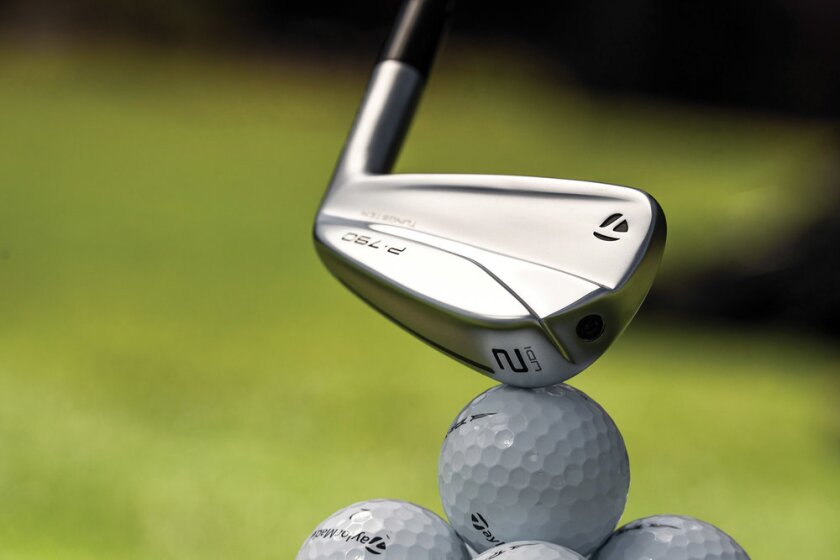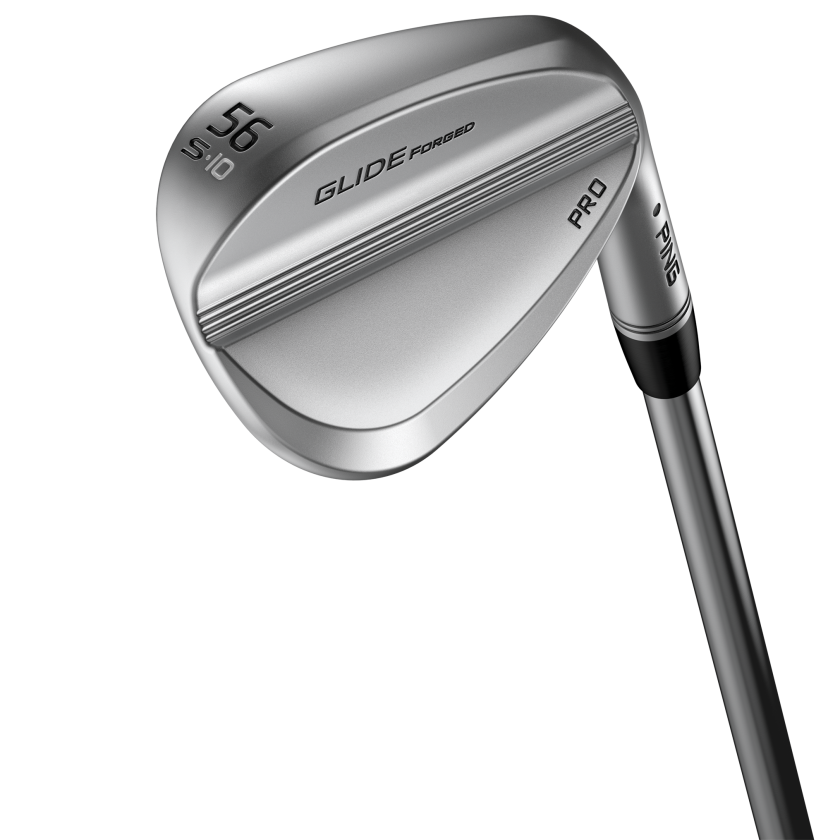
Stephen Smith believes the golf equipment industry could be due for a reckoning.
Not in an Armageddon sense, per se, but how potential customers are profiled. Smith, who serves as chief psychologist at the UK-based Sports Psychology Ltd (SPL), led research earlier this year that studied introverts versus extroverts and whether a delineation between golf brand preference differentiated between the two typologies.
Smith has long served as a psychologist to professional athletes in golf, Formula One, rugby, and soccer.
“Golf is a culture that slowly gets dragged along by everything else,” said Smith via videoconference. “Other brands and products are looking at neuroscience, looking at personality, values, typologies of customers in great depth. Golf hasn't gotten that yet. I think this will be part of the next great leap forward.”
That leap might be nudged along by Smith's study.
Earlier this year, he posted a short questionnaire on social media that asked seemingly banal questions like, 'What's your favorite driver or putter?' that were focused around 15 brands, followed by a level of personality questions. Yet there was purpose behind each question.
The study's genesis can be traced 10 years back. At the time Smith, a golf aficionado, realized no traditional business psychology techniques coupled with the famous Myers-Briggs personality test were being applied within the game's equipment industry. How does a golf company make its products appealing to the psyche? That evolved into the kernel of Smith's research.
He designed the study to focus on introverts and extroverts. There's a belief the two types live on either end of the spectrum.
“People sometimes assume introverts always have social anxiety or dislike being around others while extroverts are always loud, aggressive, and boisterous,” said Megan MacCutcheon, LPC, on Healthline.com.
Smith's questions didn't focus primarily on the extremes because both types share a common bond.
“With human beings, 80 percent of our decisions are emotional, they are quick, they are almost always unthinking, and they are subconscious,” said Smith, one of four licensed business and sports psychologists in England. “By default, our brain will take a short cut. We love short cuts. It saves so much computing power up there.”

And according to Smith, a plethora of research reveals product decisions are anchored to personality traits.
Regarding the SPL study, participants predominately in England and the U.S. were asked to identify their favorite golf equipment brand. They were also asked to self-classify their preferred personality type against classic Carl Jung, or Jungian, factors: introvert versus extrovert; pragmatic versus visionary; and logical versus idealist. (The fourth pairing, structured versus spontaneous, was not used in the study).
When Smith pored over “hundreds upon hundreds” of responses, the data surprised him. A clearer picture between the two types emerged. Forty percent of those who identified as introverts named Ping as their preferred brand, and 18 percent indicated Titleist as their favorite.
Extrovert data presented a murkier scenario. No brand dominated, but two stood out from the rest — Callaway and TaylorMade accounting for 40 percent of the sample.
What does it mean?
“This study shows that golf needs to be much more sophisticated in its understanding of the customers it is connecting with, and in the way it communicates, to build that connection,” Smith said.
The study offered more in-depth reasoning. For instance, more nuanced and intriguing results occurred when the other Jungian typologies were assessed.
Smith found there were more than double the intuitive visionaries in golfers than one would normally see in the general population. In other words, they're a group that desires to buy from brands that provide a compelling vision of the future. It indicates a type of golfer that equipment marketers miss or haven't paid attention to, he surmised.
The data also found that 60 percent of golfers are, however, sensory pragmatics who will be driven by the look, feel and sound of any equipment. Smith hypothesized that it aligns with research in many other industries, which has shown that the aesthetics of a product are far more powerful than its technical capability.
Moreover, he suggested the history of golf equipment design shows engineering concepts failed because clubs or pieces didn't look or feel right to the average golfer.
Smith has been in communication with equipment companies and believes an awakening is on the horizon. Not surprisingly, the pandemic may have ushered in such change. Consumers, more than ever, have questioned brands and want to understand what they represent. That in itself may secure brand loyalty.
“How do you get personalities to react to something, particularly a piece of equipment?” Smith rhetorically asked before adding, “No doubt the 2020s may be the decade when the psychology of design will be as important as the engineering that underpins it.”
If that is indeed the case, Smith wants to be at the forefront of that reckoning.











